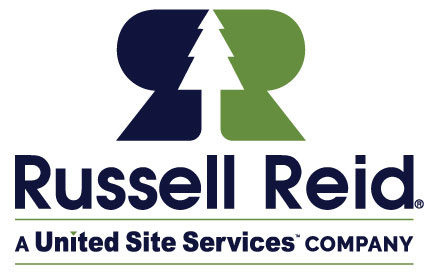The Russell Reid Company prides itself on being a company with its goals set toward the future. Our projects, services, and team keep sustainability in mind, particularly in our work with grease trap pumping. We don’t blame restaurant owners for not thinking twice about where their grease goes after it’s out of the tank. But the truth is that the greasy leftovers from your favorite guilty pleasure are just at the beginning of its life –– and purpose.
In a typical month, the team at Russell Reid can deliver up to 300,000 gallons of grease trap waste, or what is known as FOG (fats, oils, & grease) to our partners at the Joint Meeting of Essex and Union Counties (JMEUC), a Publicly Owned Wastewater Treatment Works (POTW). It is received in the Scum Collection System and later pumped into an anaerobic digester that uses the grease as a food source for the organisms that live inside. These organisms use the process of anaerobic digestion to metabolize and therefore breakdown the lipids and proteins that makeup the grease. The waste products of this digestion include carbon dioxide, hydrogen sulfide, methane, and water vapor.
While those gases are waste for the organisms that break down the grease, they are actually vital resources to the process that unfolds at Joint Meeting. The gas from the digester is cooled, and the methane is separated from the rest of the byproducts so it can be used as fuel for generators. Using solely the methane produced from the grease that Russell Reid pumps, a.k.a. the food scraps from your favorite restaurants, JMEUC is able to sustain 75% of their electrical demand.
The chain of sustainability doesn’t stop there though –– the waste heat given off during the process is used to heat water in a boiler system for both comfort and the heating of the digestion process itself. Through the grease delivered by Russell Reid from our grease trap service, the diets of anaerobic organisms, and the innovation of our partners at POTW, JMEUC is nearing a closed system of energy conversions.
So go ahead, eat out for dinner tonight! The leftovers will live on as a meal for some other living thing, and help lead us down a path of sustainable recycling and energy consumption!

